
Two survivors of the Nanjing Massacre passed away on Saturday, bringing the number of living registered survivors to 28, according to the Memorial Hall of the Victims in Nanjing Massacre by Japanese Invaders on Sunday.
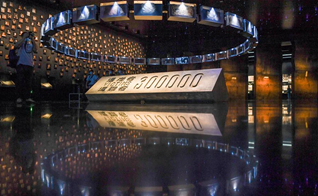
Wu Xiuying, who survived the Nanjing Massacre, passed away on Friday at the age of 92, bringing the number of living registered survivors to 30, said the Memorial Hall of the Victims in Nanjing Massacre by Japanese Invaders.
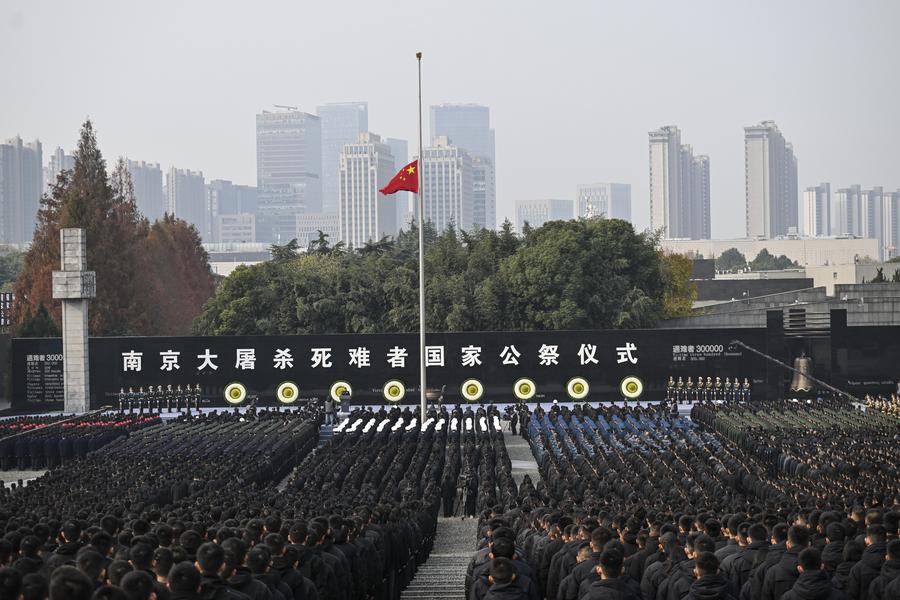
In a solemn display of remembrance, the people of Nanjing observed a moment of silence as sirens resonated throughout the city on Friday, marking China's national memorial ceremony to mourn the 300,000 victims of the Nanjing Massacre.
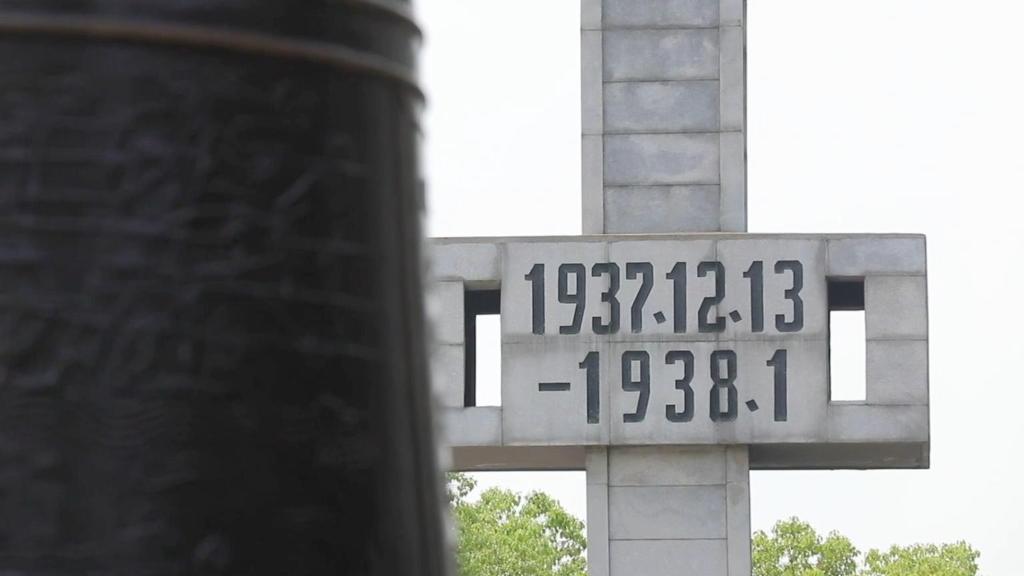
On Dec. 13, 1937, Japanese troops captured China's Nanjing, unleashing six weeks of devastation that claimed the lives of an estimated 300,000 civilians and unarmed soldiers. Today, survivors and young generations are preserving the history of the catastrophe.
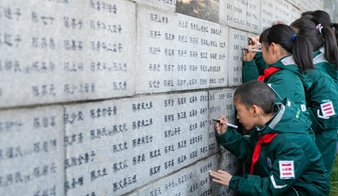
The second installment in Yang Xiaoyan's Nanjing Massacre book series is set in 1937 and follows Wu An, a 12-year-old boy who is sold to a Chinese soldier hoping to disguise himself as a father and a civilian to evade the Japanese troops and rejoin the fight.
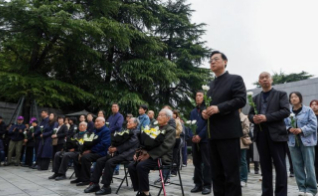
Ai Yiying was a little girl when the Nanjing city was invaded by Japanese army in December 1937. Ai's father, uncles and cousins were taken away from their home and killed by the Japanese soldiers. The rest of the family had to hide to avoid the raping and killing.
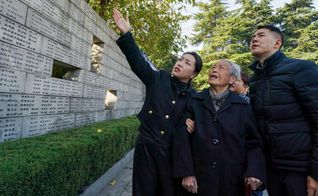
The 2024 family commemoration for victims of the Nanjing Massacre was launched on Sunday in Nanjing, capital of east China's Jiangsu Province.
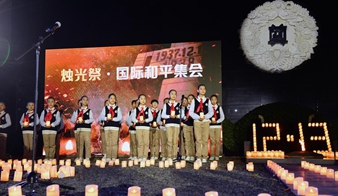
Nine more people were recognized as "inheritors of historical memories regarding the Nanjing Massacre" on Friday at a ceremony held by the Memorial Hall of the Victims in Nanjing Massacre by Japanese Invaders.
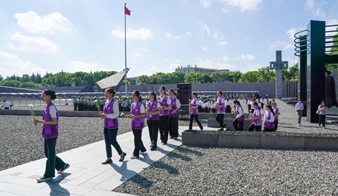
People from Nanjing and other places commemorated the 93rd anniversary of September 18 Incident, which marked the outbreak of Japan's large-scale invasion of China.
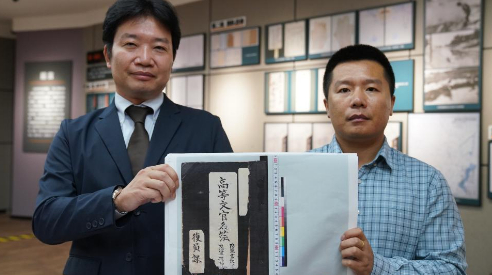
Seiya Matsuno, a Japanese scholar, has disclosed a new document about the information of technicians in the Japanese germ-warfare detachments during World War II, in Harbin, capital of northeast China's Heilongjiang Province.